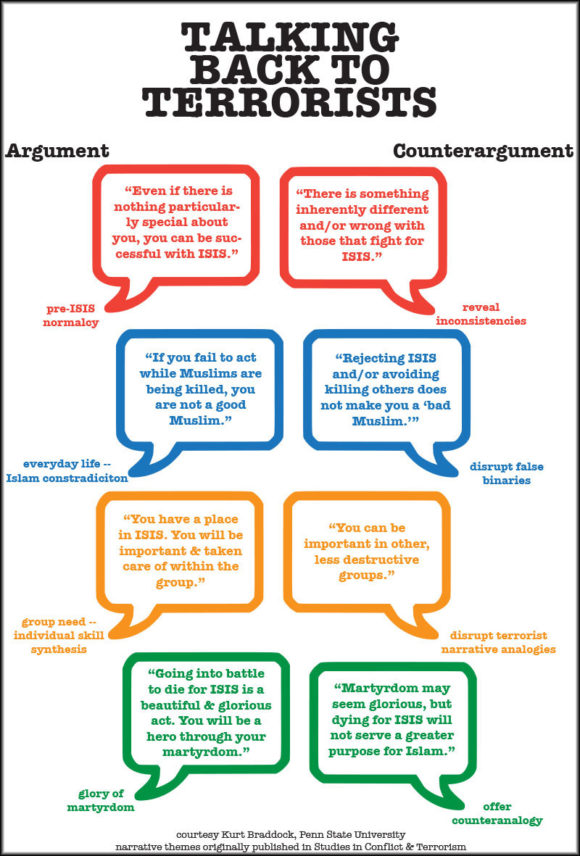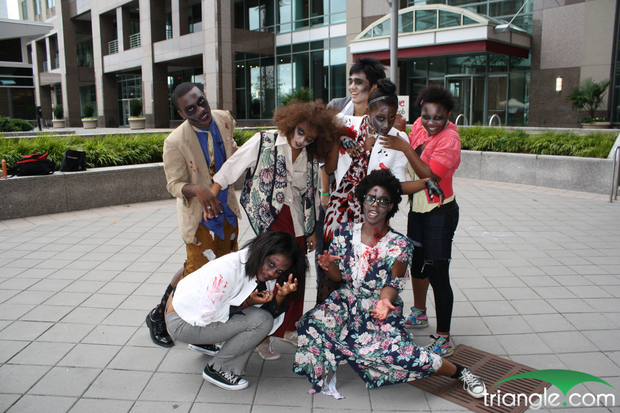I’ll admit right up front that the title of this blog post is misleading: there’s only one beekeeper in this story. But trust me, she’s a very good one and she appears twice in this tale, in two different settings.
I’ll explain.
In my role developing public programs featuring Penn State researchers, I immediately thought of Maryann Frazier as a speaker for spring semester’s Research Unplugged series. Maryann is Penn State’s senior extension associate in the department of entomology, as well as a seasoned bee researcher, and a spokesperson for the work of the University’s Center for Pollinator Research. I knew from a past interview with her for my feature on Colony Collapse Disorder that she could wax eloquent (bad pun, sorry!) on the topic of bees.
In her first Research Unplugged talk for us this semester, Maryann showed up at our new location at Schlow Centre Region Library looking more the professor than the beekeeper, wearing a tailored and professional-looking blouse and skirt. The cameras were rolling and there was a “standing room only” crowd of over 100 people in the library’s Downsbrough Community Room.
Continue reading A Tale of Two Beekeepers →



